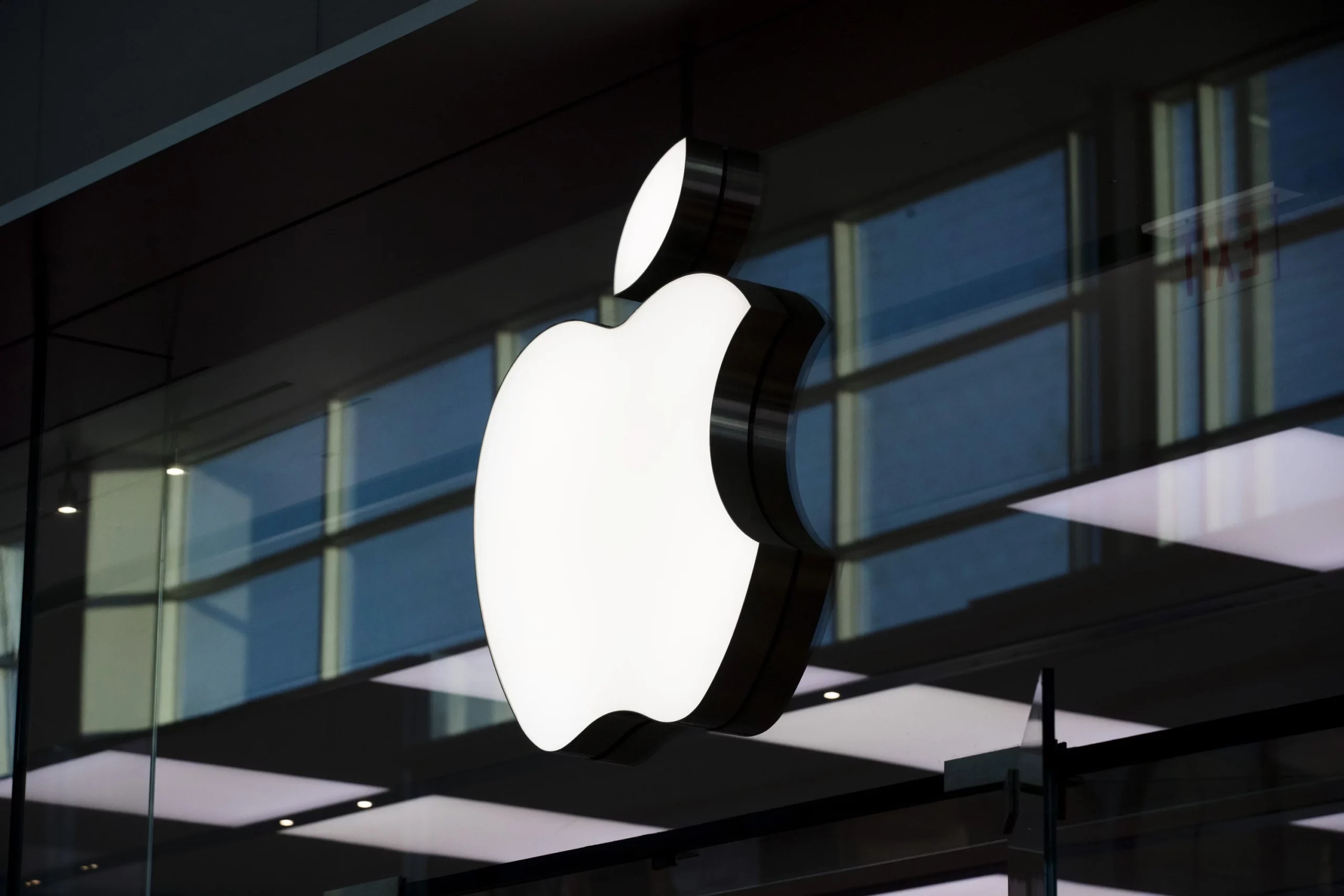
Epic Games, Spotify, Proton, and 37signals, have publicly criticized Apple’s approach to the European Union’s Digital Markets Act (DMA). The DMA, a landmark regulation by the EU, aims to ensure a level playing field in the digital marketplace, promoting fair competition and curbing the monopolistic practices of tech behemoths. However, the group argues that Apple’s actions, rather than fostering competition, have effectively sidestepped the regulation’s core intent, leading to accusations of “extortion” and “bad-faith” compliance.
What Is the Core Technology Fee?
The crux of the controversy lies in Apple’s introduction of a Core Technology Fee, a charge imposed on developers for apps distributed outside the App Store, specifically €0.50 for each first annual install per year exceeding a threshold of one million. This fee structure is seen as a direct affront to developers who had hoped to bypass the App Store’s commission fees by distributing their apps independently, thus preserving a larger share of their revenue.
Why Are Companies Urging the EC to Act Against Apple?
In a meticulously drafted letter to the European Commission (EC), 34 companies and associations spanning various sectors have banded together, urging the EC to take “swift, timely, and decisive action” against Apple. They argue that Apple’s implementation of the DMA rules not only neglects the law’s spirit and letter but, if unchallenged, ridicules the DMA and undermines the extensive efforts made by the EC and EU institutions to democratize digital markets.
The letter outlines several grievances against Apple’s policies:
- Opt-in Complexity: Criticism of Apple’s opt-in system for developers under DMA terms for adding unnecessary complexity and confusion.
- Scare Screens: Denouncement of Apple’s deployment of “scare screens,” which warn users about potential risks associated with transactions outside the App Store. These tactics are:
- Misleading to users
- Deteriorative of the user experience
- Stripping consumers of genuine choice
- Depriving consumers of the benefits promised by the DMA
- Restrictions on Distribution: The letter criticizes the restrictions on allowing alternative app stores and sideloading capabilities, which are:
- Either obstructed by Apple’s current policies
- Outright banned under Apple’s DMA rules
Apple Defends Its DMA Compliance Measures
In response to the mounting criticism, Apple has defended its stance through a whitepaper that elucidates its DMA compliance solutions, emphasizing the company’s longstanding commitment to security and consumer privacy. Apple posits that its policies are designed to shield users from potential harms, underscoring the importance of maintaining a secure and trusted ecosystem.
Amidst this backdrop of contention, Apple has shown signs of yielding to pressure, notably reversing a previous decision that restricted the functionality of progressive web apps within the EU. This move came in the wake of reports suggesting the EC’s impending ruling on competition in the streaming music market, which is not expected to favor Apple and could result in a significant €500 million fine.
The European Commission, for its part, has signaled its attentiveness to the situation. An EC spokesperson emphasized the critical nature of the six-month deadline set for Big Tech gatekeepers, like Apple, to comply with the DMA. The spokesperson assured that the Commission, along with stakeholders, would thoroughly analyze compliance solutions once fully disclosed. The EC stands ready to enforce the DMA rigorously, promising not to hesitate in taking action where necessary.
Related News:
Featured Image courtesy of Brent Lewin/Bloomberg
